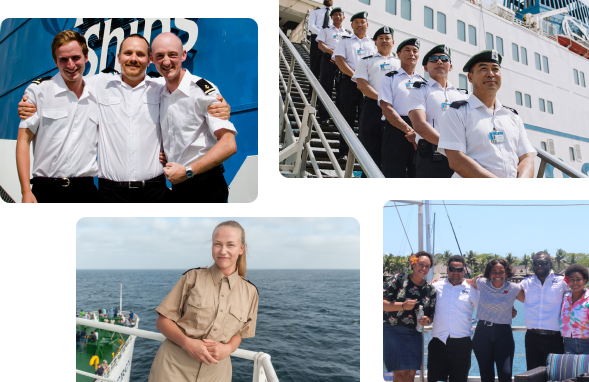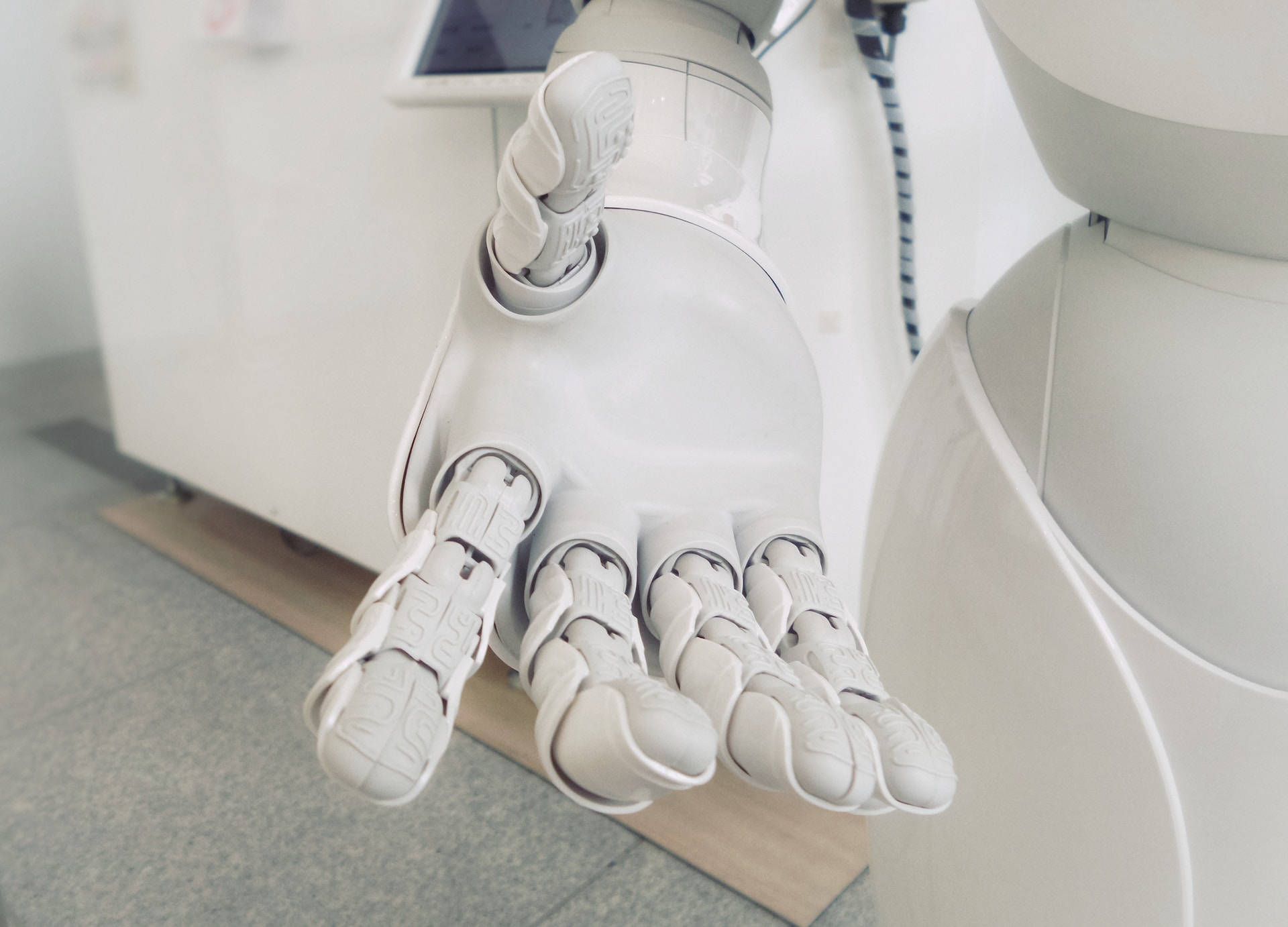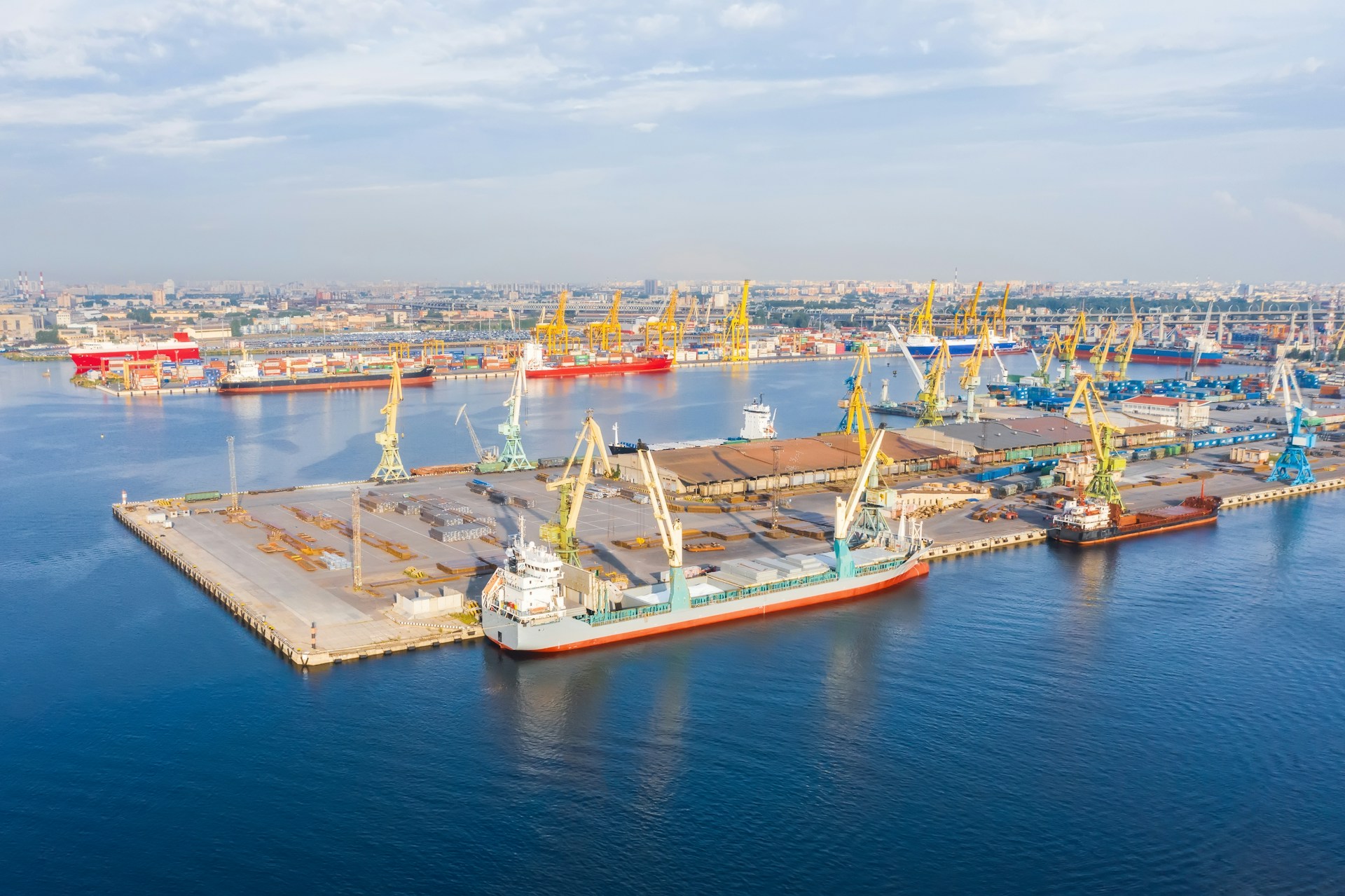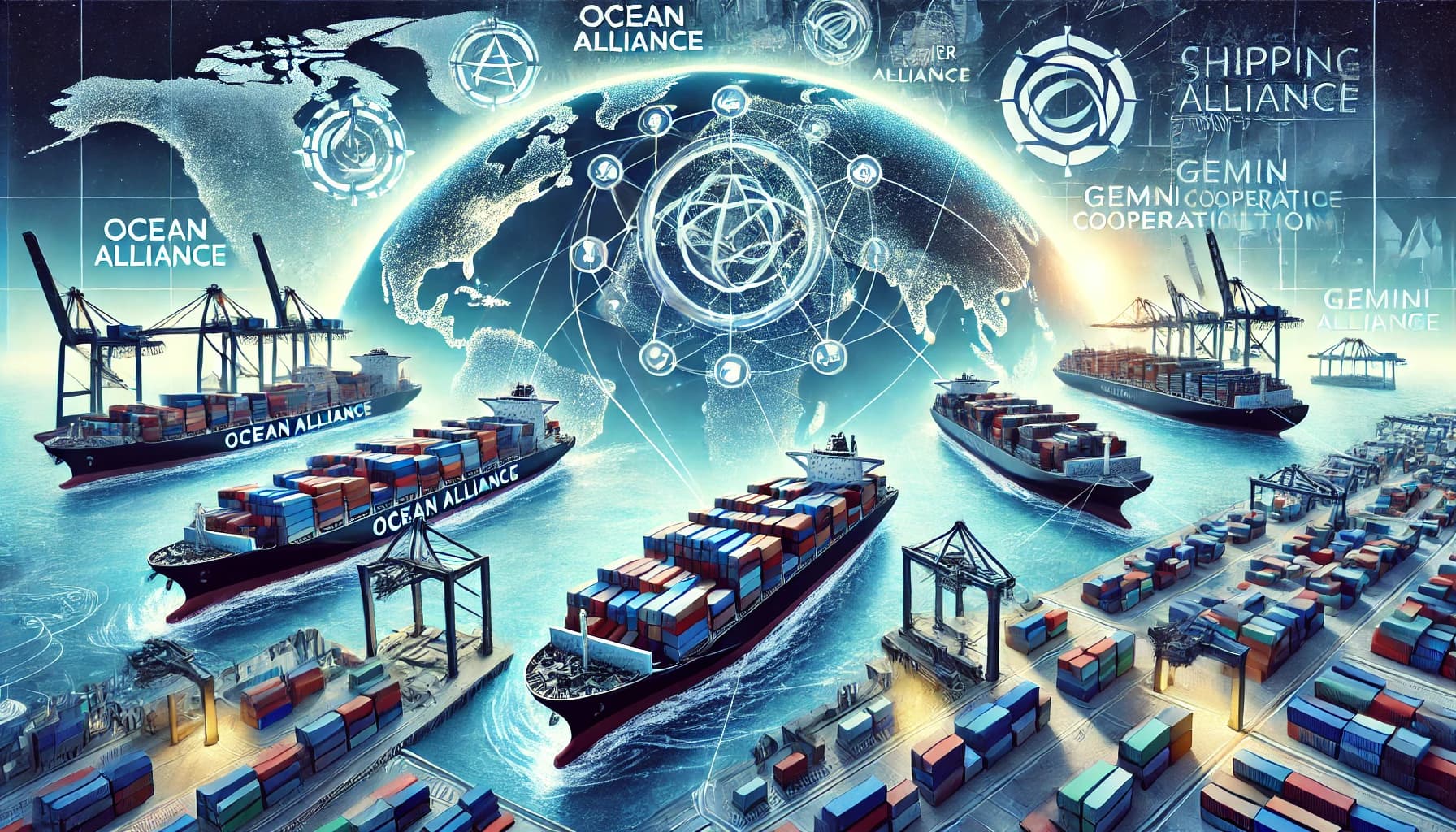Maritime technology is advancing at great speed and shows no signs of slowing down. The UK Government's ‘Maritime 2050’ strategy highlighted technological advancement as being at the forefront of tackling the ever-increasing demand for global sea trade.
Funding has recently been announced to eleven maritime technology projects from innovative power and propulsion systems to autonomous vessels – a topic which seems to cause some controversy amongst the seafarer community.
But how will maritime technology of the future affect the industry and lives of seafarers going forward?
Operational capability
Maritime technology has the potential to improve the industry operationally across a number of areas however, in the short term, safety and environment will be the 2 key areas where we will see the biggest rewards from the technological advancements.
Safety for seafarers
There can often be the assumption amongst the maritime community that automation simply means replacing seafarers and that ships will be navigating without human influence. Whilst in the future this could be feasible, in the short and medium term this is not the case.
In the short term, advances in maritime technology will make life onboard safer for seafarers by enabling them to focus more on the safety-critical functions of their roles and spend less time doing administrative tasks.
This will take added pressure off personnel, allowing them to be well rested and therefore in a better physical and mental condition to be working in, what can be at times, stressful environments.
There are examples of where this is already in place within the industry, such as unmanned engine spaces and automatic weather routing. These do not replace the need for seafarers, but they do support seafarers with decision making and assisting in their roles on board.
A significant amount of time is spent checking and recording a whole manner of equipment that is carried on board. This is carried out by various crew members meaning that extensive man hours are being put into administrative work. Could this time be better spent resting and preparing for the next navigational watch?
Perhaps. Not to take away the importance of checking and maintaining equipment, which is often safety-critical, but with the advances in sensors and predictive maintenance, could this task be controlled by automatic systems that tell you when that fire extinguisher needs replacing or when the crane winch needs greasing again?
Environmental impact
Maritime technology is vital to reducing carbon and pollutant emissions. There is continued pressure coming from governments to enact this change. The International Maritime Organization has already placed caps on sulphur emissions and the UK Government has placed further ambitious goals on the industry to cut carbon emissions by 50% by 2050.
With some exciting innovations coming to the fore with alternative power solutions, including the re-introduction of how we use wind power, it is exciting to see how the maritime industry can take steps to become as sustainable as possible.
It is unlikely, however, that it will be one biofuel or one unique ship design that comes together to solve the environmental issues that are facing the maritime industry.
It will be small increases in lots of areas that move us in the right direction. It is widely reported that moving to LNG for main and auxiliary engines will lead to reductions in emissions and fuel expenditure.
However, there is other interesting work being explored including the use of certain paints being used on hulls to reduce the frictional resistance of the ship resulting in 3-8% fuel savings.
As well as small increases using existing technology, there is work going into fully ‘green’ propulsion systems such as solar and wind. Whilst sail and kite technology, at the moment, couldn’t be used on its own due to current technological limitations, it can be used in conjunction with current propulsion systems and is reported to cut down emissions by up to 35%.
Shore advancements
Not only are there advancements to be had at sea, there is huge scope for advancement in ‘shore-based’ activity as well.
Again, there are a whole host of opportunities to be had in the medium and long term but whilst the maritime industry plays catch up with industries such as aviation and car manufacturing there are 2 areas that I think short term benefits of maritime technology will have huge impacts on; shipbuilding and training.
Shipbuilding
The use of smart factories and manufacturing plants is coming into the shipping industry enabling massively increased efficiency and control.
This does not only mean that ships can be produced faster but it also means that they can be much more accurate when using raw materials, therefore reducing waste and making shipbuilding more cost-effective and sustainable.
Further to this, increases in maritime technology are leading to the creation of advanced materials. These have the capability to increase ships’ performance, much like the paint being used on hulls, but there is also the possibility of producing self-cleaning, and to an extent, self-repairing material which could be game-changing in reducing environmental contamination and in increasing safety.
Training
The next generation of seafarers will soon be coming through the doors of maritime colleges all over the globe and the classroom environment may not be the best way to educate them anymore.
The availability of augmented and virtual reality training opportunities must be taken full advantage of to entice this new generation of seafarers into the industry.
This AR/VR training is not just for the next generation; it can also improve the capabilities of the current seafaring community by bridging the gap between real life situations and scenarios that have only been discussed out of a textbook or in a classroom.
AR/VR training capabilities will let seafarers act out potentially dangerous tasks in a completely safe environment.
Opportunities and Challenges
These changes are not to be feared; we should be excited about the opportunity that the advances in maritime technology present us.
Not only will they make life safer for seafarers on board, but they will also make the job more accessible with alternative options in career progression.
With the possibility of maritime technology enabling ships that navigate remotely through land-based control centres we could see the biggest change to the industry since the steamship. The scope for opportunity is huge.
However, the burden is placed on the technology developers and governments that are pushing for this massive surge in implementing maritime technology to communicate correctly their intentions for the maritime community.
This should be done by liaising with operators about technology that will improve lives and make working at sea safer and more sustainable.
There are huge limitations in introducing tech for tech’s sake; this could lead to technology not being used to its full potential and could potentially become a liability on a seafarer's performance.
All At Sea’s role in technology change
All At Sea’s role as an advocate for the maritime industry and seafarers globally means that we have to pay close attention to developments in the industry.
We believe advancements in maritime technology can be hugely beneficial not only for seafarers and their families but also the whole infrastructure that it supports.
All At Sea are currently working with partners such as the maritime digital hub and other thought leaders on how best to implement technology into the maritime sector and we are open to discussing this topic with others stakeholders on this matter.
What technology would you like to see implemented in our sector? What challenges and opportunities do you see arising?
Author Bio
All At Sea was established to provide an advocacy hub for seafarers. It has grown from humble beginnings such as offering CV advice to a company that offers a large professional network and access to various forms of support.
All At Sea has also created an ethical clothing brand supplying nautical clothing and accessories to raise the awareness of the seafaring community.
In collaboration with our partners at Human Rights at Sea, Maritime Digital Hub and Maritime UK, All At Sea. is committed to providing a platform for seafarers and improving their treatment and welfare. Visit www.all-at-sea.co.uk to find out more.

Guest Blogger
A varied collection of articles about the maritime industry written for Martide by various guest bloggers from their own unique perspectives. These include posts by a professional chef who works on container ships and other people connected to, or interested in, shipping and life at sea.

is the only site for maritime jobs




